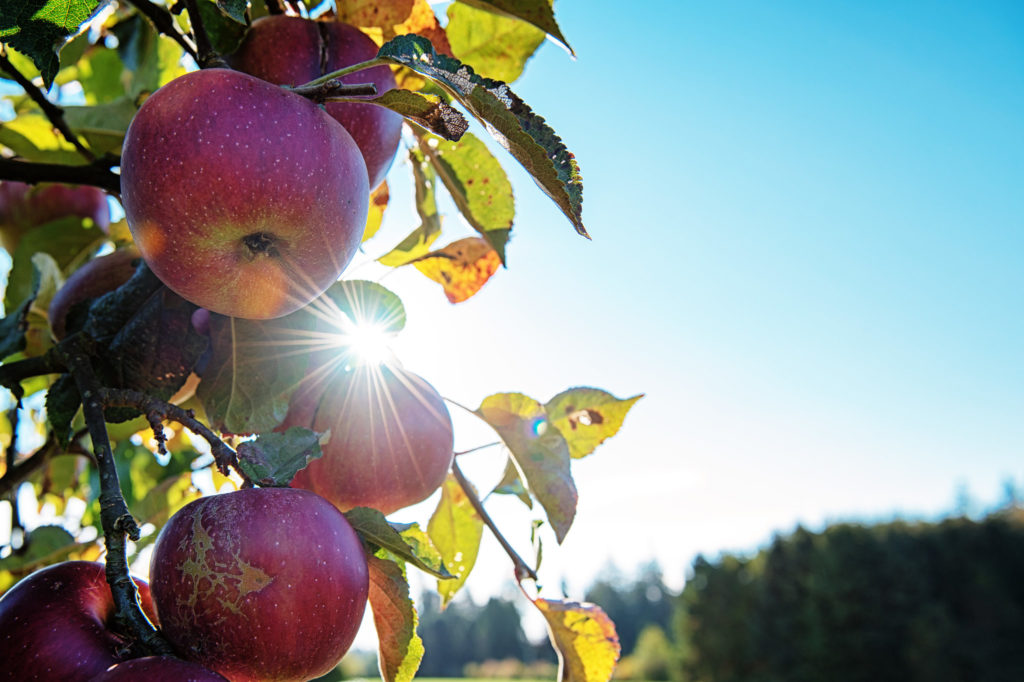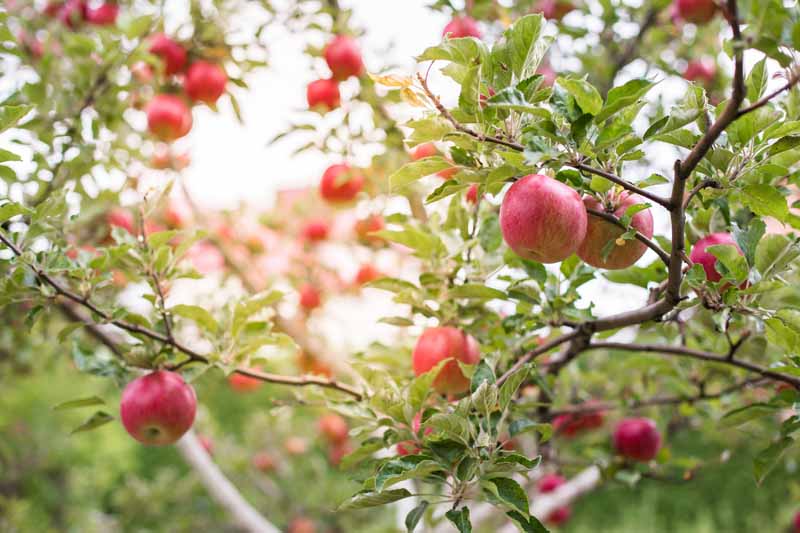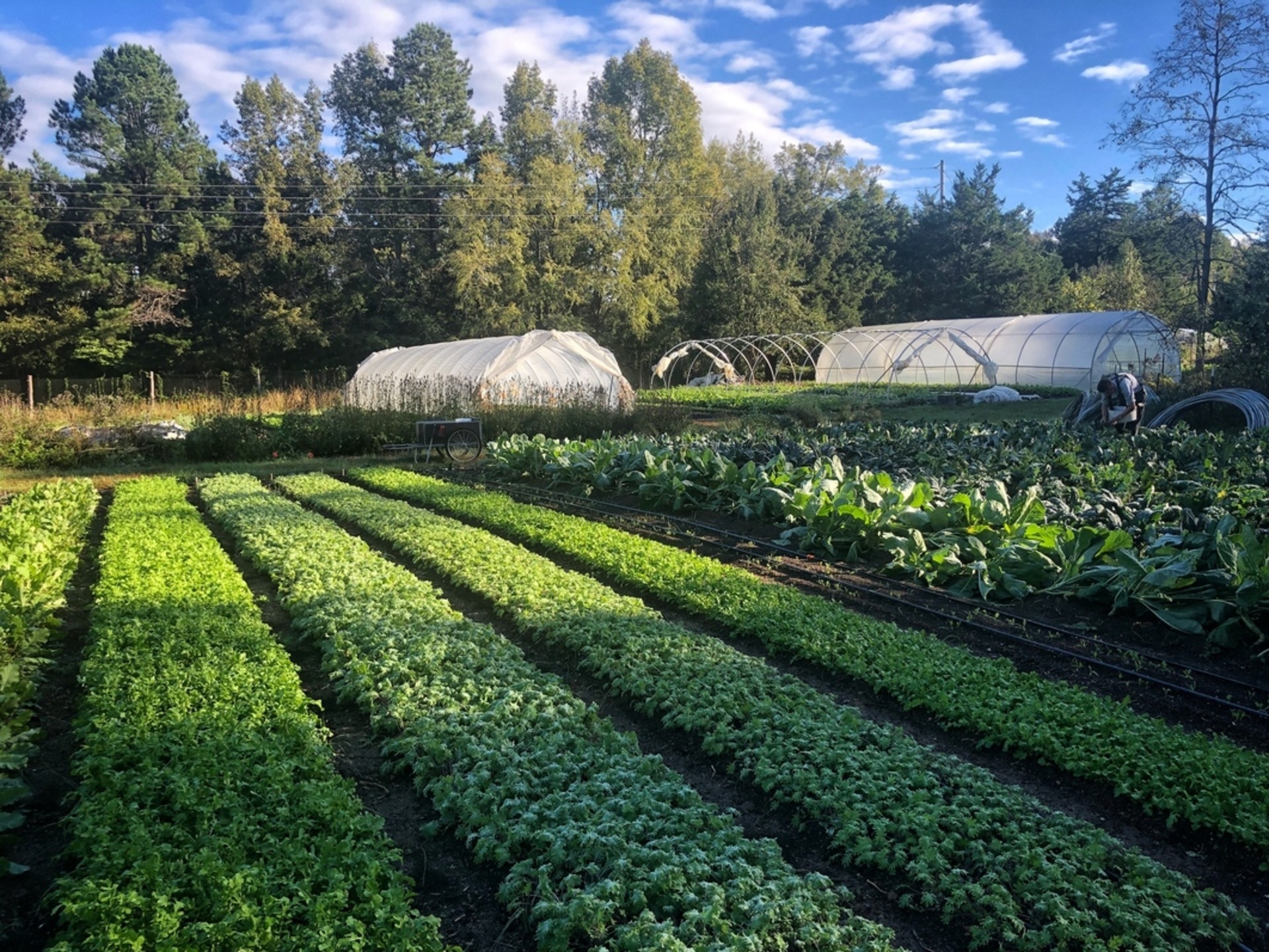Cider has long been a favorite beverage of many, with its crisp and refreshing taste making it a perfect choice for any occasion. However, have you ever stopped to consider how the climate and soil of the region where the apples were grown might affect the taste of the cider? In this blog post, we’ll explore how the unique climate and soil of South Okanagan in British Columbia, Canada, contribute to the distinctive flavors of its ciders.
Climate: The climate of South Okanagan is characterized by hot and dry summers, with temperatures often reaching over 30°C. This arid climate is perfect for growing apples, as it helps to reduce the risk of disease and pest infestations. The warm temperatures also promote the development of sugars in the fruit, which contributes to the sweetness of the final product.
Soil: The soil in South Okanagan is composed of glacial till, which is a mixture of sand, silt, and clay. This soil is well-drained and rich in minerals, providing a perfect environment for apple trees to thrive. The unique combination of minerals in the soil contributes to the complex flavors of the cider, giving it a distinct taste that cannot be replicated in other regions.
Varieties of Apples:
South Okanagan is home to a variety of apple cultivars, including traditional cider apples such as Kingston Black, Yarlington Mill, and Dabinett. These apples are known for their high levels of tannins, acidity, and sweetness, which are all essential components in the production of high-quality cider. These unique characteristics are largely influenced by the climate and soil of the region, making South Okanagan an ideal place for growing apples for cider making.
Production Techniques:
Cider production in South Okanagan is typically done using traditional techniques, which involve pressing the apples and fermenting the juice using natural yeasts. This allows the unique flavors of the apples to shine through, resulting in ciders with distinct, complex flavors.
In conclusion, the climate and soil of South Okanagan play a vital role in shaping the flavors of its ciders. The hot and dry summers, well-drained soil, and unique combination of minerals create an environment that is perfect for growing high-quality apples for cider production. By using traditional techniques, cider makers in the region are able to showcase the unique flavors of the apples, resulting in ciders that are truly one-of-a-kind.
Whether you’re a cider enthusiast or simply curious about the process of cider making, we hope this post has provided you with a better understanding of how climate and soil can affect the taste of cider. Next time you enjoy a glass of cider, take a moment to appreciate the unique flavors that are a result of the region where the apples were grown.




